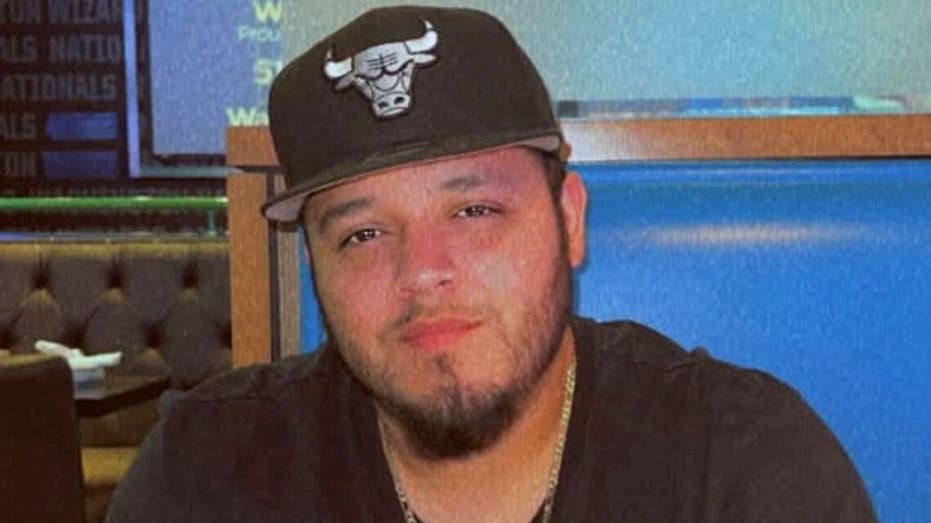Kilmar Abrego Garcia Indicted on Human Trafficking Charges, Scheduled to Appear in Nashville Court
Salvadoran national Kilmar Abrego Garcia extradited to the U.S. to face federal charges for alleged migrant smuggling linked to MS-13.

A Salvadoran national previously deported from the United States is now set to return as an accused criminal, raising new questions about immigration enforcement and cross-border crime. According to recently unsealed court documents, Kilmar Armando Abrego Garcia, 29, faces federal charges involving conspiracy to unlawfully transport illegal aliens for financial gain, as well as unlawful transportation of illegal aliens. The indictment, originating from Tennessee, paints a picture of a years-long operation moving individuals from Texas to other states across the country.
The operation, described by investigators as "organized," allegedly involved trafficking both adults and children, heightening public concern over the risks faced by vulnerable migrants. The indictment, which was filed under seal last month, contains two felony counts that could carry significant penalties if Abrego Garcia is convicted.
Body camera footage obtained from a 2022 Tennessee Highway Patrol traffic stop has added further detail to the case. Troopers pulled over Garcia for speeding, only to discover eight other men inside his vehicle—prompting immediate suspicion. Upon further inspection, police found $1,400 in cash, and a check through the National Crime Information Center triggered a gang/terrorism alert. Although Immigration and Customs Enforcement (ICE) were called to the scene, records indicate they did not respond at the time.
This high-profile arrest and the charges that followed come amid ongoing debates over recent deportation policies. In March, Abrego Garcia was sent back to El Salvador, a move that sparked sharp criticism among some politicians who argued that his deportation was unjust, especially given pending legal issues in the U.S. The Trump administration, however, maintained that the decision to deport Abrego Garcia was based on alleged ties to the notorious MS-13 gang—a claim his attorneys vigorously oppose.
Diplomatic efforts are reportedly underway to ensure Abrego Garcia is brought back to face justice. Senior U.S. officials, including Secretary of State Marco Rubio, have communicated directly with El Salvador’s President Nayib Bukele in an attempt to coordinate the extradition process. After his deportation, Abrego Garcia was detained at the CECOT mega-prison, a facility known for housing some of the region’s most dangerous criminals, despite a previous court order citing fears he might be targeted for persecution in El Salvador.
The case continues to unfold as federal authorities work to bring Abrego Garcia back to the United States to stand trial. The Department of Homeland Security has yet to issue a public statement on the matter. The outcome could have far-reaching implications for how suspected criminals are tracked and handled at the intersection of immigration, law enforcement, and international cooperation.




